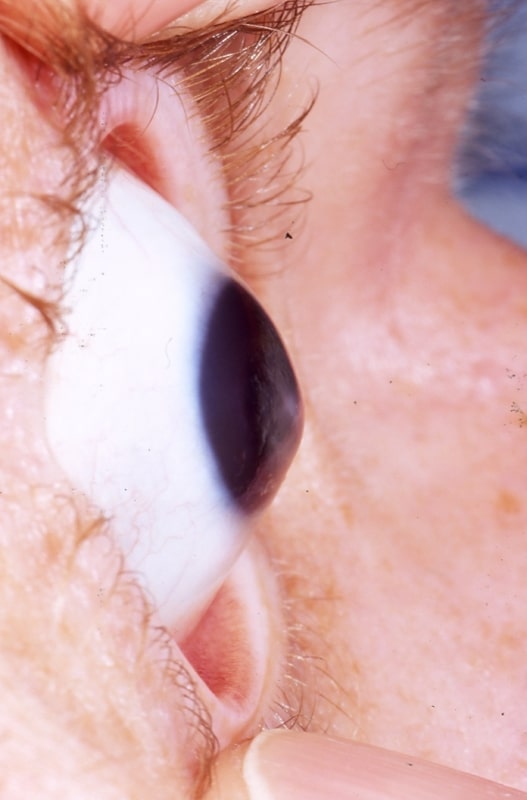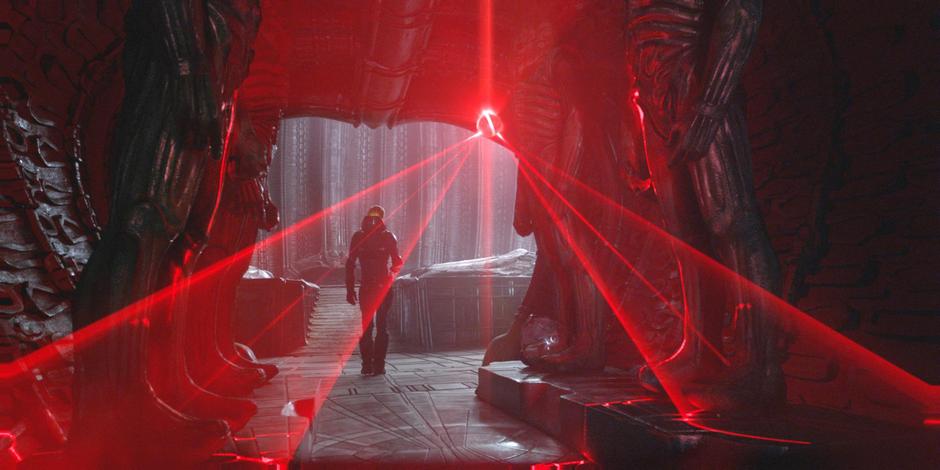
ATTENTION ALL OF OUR WIVES AND HUSBANDS:
Apparently playing high action video games improves your low light visual contrast. So all of the hours I’ve spent playing Call of Duty: World at War and Medal of Honor are making me see more detail in low light environments! SWEET!
Scientists at the University of Rochester and Tel Aviv University have discovered that people who play these high-action games gain detail vision in low light environments, whereas people who play games like The Sims gain nothing. Well, chock one up for first person shooter games. From an article at MedGadget:
The finding builds on Bavelier’s past work that has shown that action video games decrease visual crowding and increases visual attention. Contrast sensitivity, she says, is the primary limiting factor in how well a person can see. Bavelier says that the findings show that action video game training may be a useful complement to eye-correction techniques, since game training may teach the visual cortex to make better use of the information it receives.
To learn whether high-action games could affect contrast sensitivity, Bavelier, in collaboration with graduate student Renjie Li and colleagues Walt Makous, professor of brain and cognitive sciences at the University of Rochester, and Uri Polat, professor at the Eye Institute at Tel Aviv University, tested the contrast sensitivity function of 22 students, then divided them into two groups: One group played the action video games “Unreal Tournament 2004” and “Call of Duty 2.” The second group played “The Sims 2,” which is a richly visual game, but does not include the level of visual-motor coordination of the other group’s games. The volunteers played 50 hours of their assigned games over the course of 9 weeks. At the end of the training, the students who played the action games showed an average 43% improvement in their ability to discern close shades of gray–close to the difference she had previously observed between game players and non-game players–whereas the Sims players showed none.
Great! Hey honey, did you see this article? 🙂 Here’s a press release from U. Rochester.




